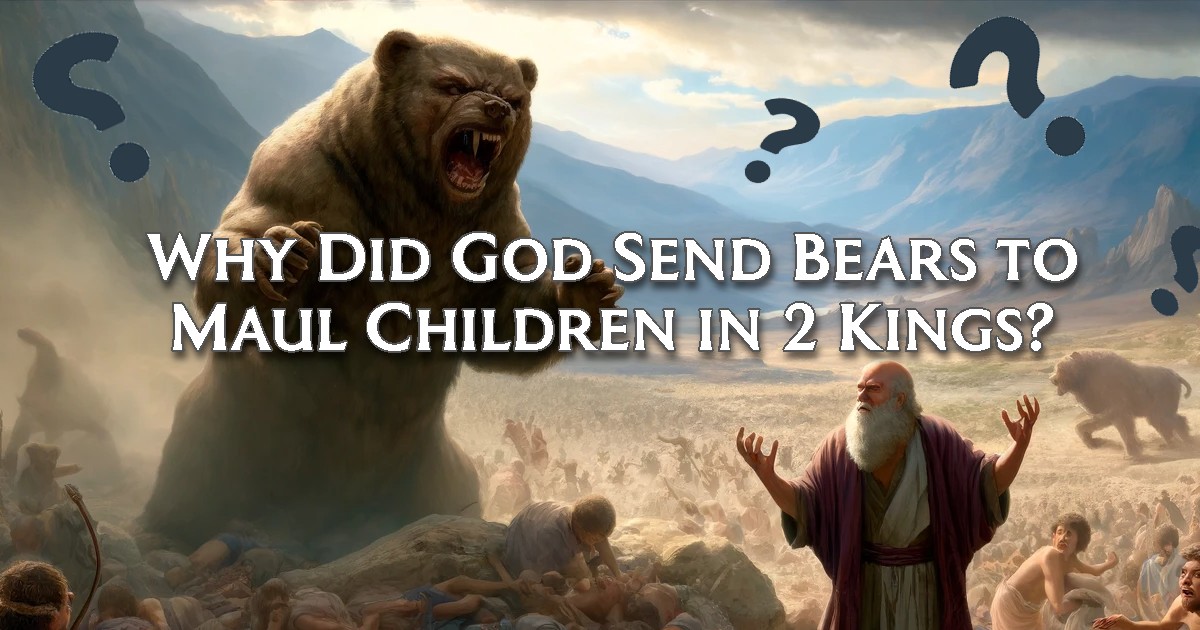In 2 Kings 2:23-25, we encounter one of the Bible’s most jarring narratives: the prophet Elisha, mocked by a group of youths for his baldness, curses them in the name of the Lord. Immediately, two bears emerge from the woods and maul forty-two of them. This disturbing story forces us to confront uncomfortable questions about divine justice and ancient morality.
When viewed through the lens of the Documentary Hypothesis, which suggests the Bible is a compilation of sources with differing theological agendas, this passage might not reflect a singular moral lesson. Instead, it could serve as a narrative designed to reinforce prophetic authority, particularly during a time when the legitimacy of prophets like Elisha was contested. The violent divine response underscores the sacredness of prophetic figures and the severe consequences of disrespecting them.
But what does this say about the morality of the people who wrote and preserved this story? It reveals a worldview where divine power is immediate, unquestionable, and often brutal. Respect for authority wasn’t just social etiquette; it was a matter of life and death, backed by the terrifying force of divine wrath. This tale isn’t about bears and boys—it’s about fear, control, and the theological imperative to honor those who speak for God.
Engaging with this passage challenges modern readers to reflect on how concepts of morality, justice, and divine authority have evolved. It forces us to ask: was this story meant to teach reverence, or was it a tool to instill fear?

